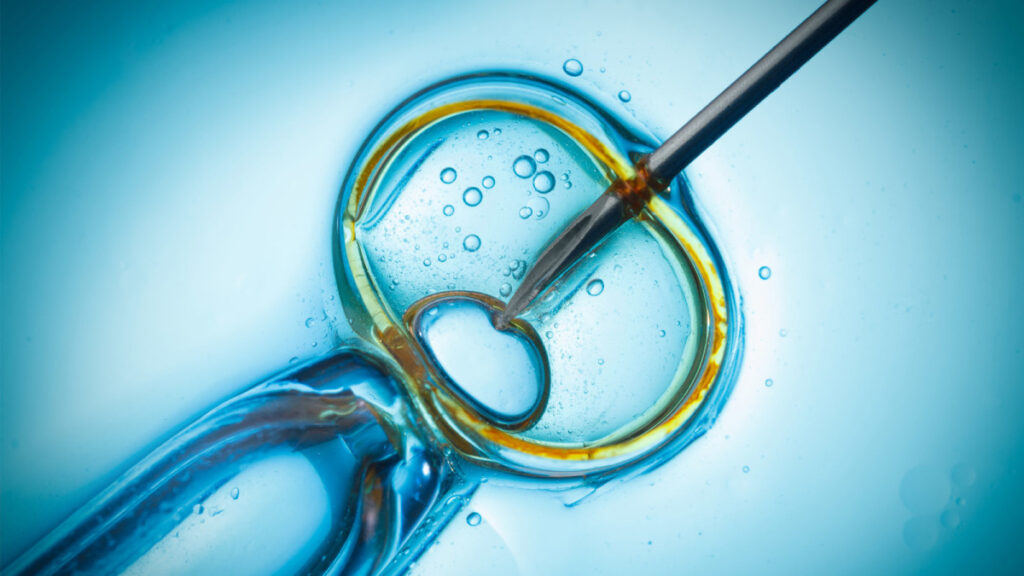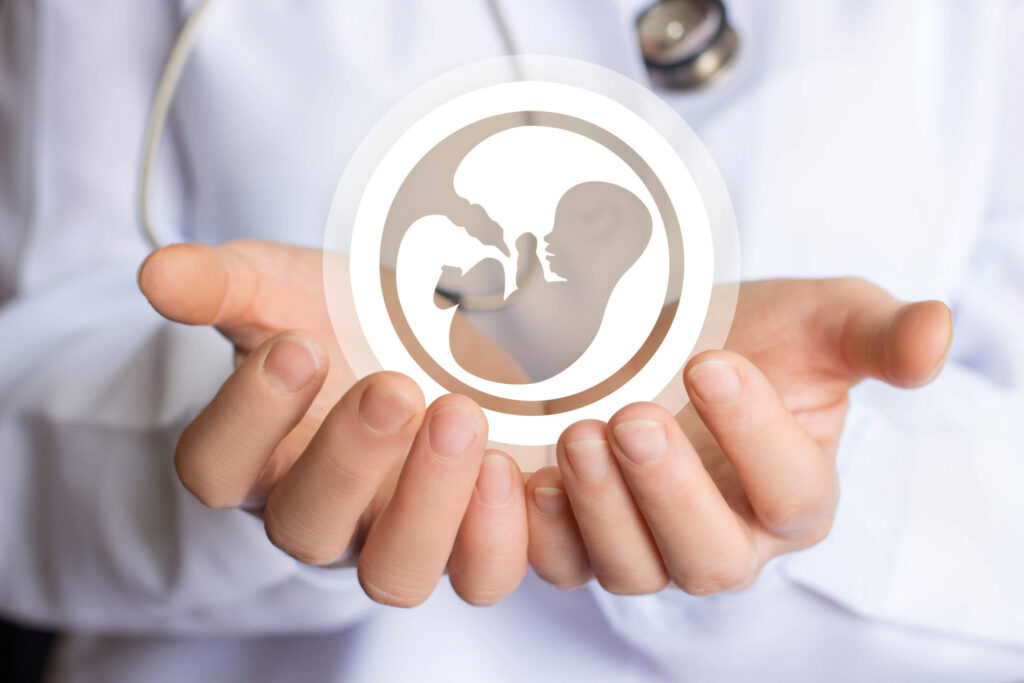ICSI
Intracytoplasmic Sperm Injection (ICSI) is an advanced procedure and performed as part of an IVF treatment cycle to achieve higher fertilization rates. During conventional IVF, due to various reasons sometimes the sperm is unable to penetrate through the thick outer layer of the egg and hence fertilization does not take place. ICSI involves injecting the sperm directly into the cytoplasm of the egg ensuring that fertilization takes place.
ICSI is a delicate procedure and performed by experienced embryologists in a very advanced and high-tech lab. One of the advantages of ICSI technique is that it requires one sperm per egg and patients having male infertility issues. As far as patients are concerned, undergoing ICSI is just the same as conventional IVF. Typically during ICSI or IVF cycle, the following stages take place:
- Stimulation of the ovaries
- Egg retrieval
- Fertilization of the eggs using sperm
- Embryo Transfer


How does ICSI work?
There are two ways that an egg may be fertilized by IVF: traditional and ICSI. In traditional IVF, 50,000 or more swimming sperm are placed next to the egg in a laboratory dish. Fertilization occurs when one of the sperm enters into the cytoplasm of the egg. In the ICSI process, a tiny needle, called a micropipette, is used to inject a single sperm into the center of the egg. With either traditional IVF or ICSI, once fertilization occurs, the fertilized egg (now called an embryo) grows in a laboratory for 1 to 5 days before it is transferred to the woman’s uterus (womb).
Why would I need ICSI?
- The male partner produces too few sperm to do artificial insemination (intrauterine insemination [IUI]) or IVF.
- The sperm may not move in a normal fashion.
- The sperm may have trouble attaching to the egg.
- A blockage in the male reproductive tract may keep sperm from getting out.
- Eggs have not fertilized by traditional IVF, regardless of the condition of the sperm.
- In vitro matured eggs are being used.
- Previously frozen eggs are being used.

